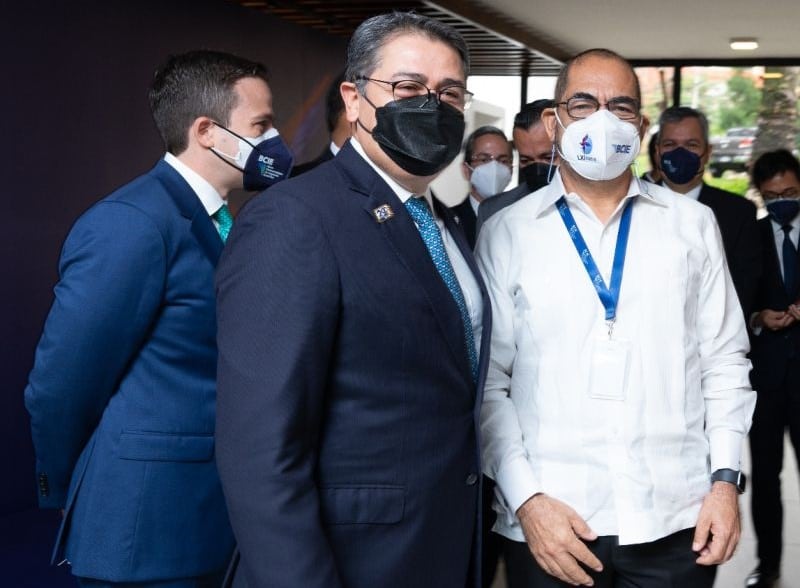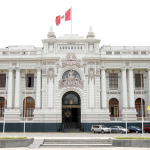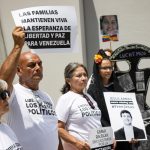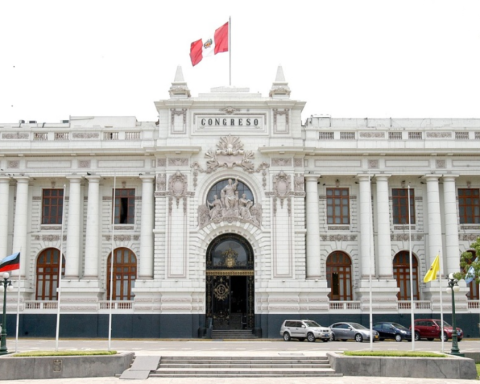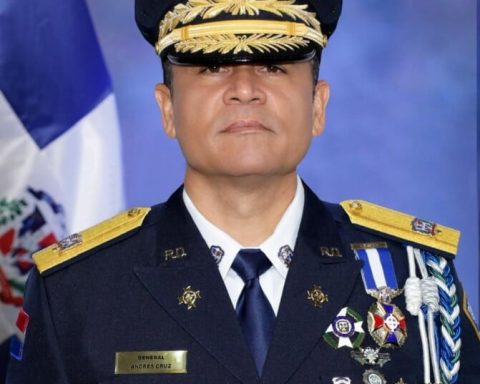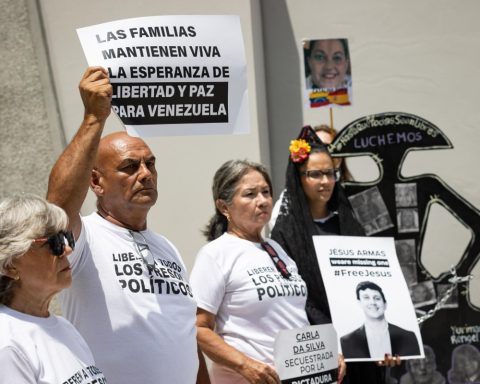The appointment of Ramón Uriel Pérez Acuña, as director for Nicaragua before the Central American Bank for Economic Integration (CABEI), meant a great promotion for which, until a few months ago, was an official of the Ministry of Finance, in a crucial position for obtaining public resources for the questioned Ortega Murillo regime.
In June 2020, Pérez Acuña assumed the representation of Nicaragua before the regional bank, after the Ministerial Agreement 06-2020, signed by the Minister of Finance and Public Credit, Iván Acosta, separated him from the position of general director of Public Credit, that he had occupied since February 12, 2007.
When the change was published in La Gaceta 125, on July 8, 2020, Minister Acosta also appointed Marlon Antonio Navarrete Mena, to replace him in that position.
The new director before CABEI, “taught Mathematics at the Carlos Fonseca Amador University Campus (Rucfa), of UNAN-Managua, and entered the Ministry of Finance, in the area of Internal Debt, when the Sandinista Front returned to power. He was promoted by party loyalty without having financial or economic experience. Among his subordinates and colleagues he had a reputation as good people, but his ability was not recognized, ”said an economist who has known him for many years.
From his position as general director of Public Credit, Pérez Acuña had the opportunity to work close to Minister Acosta, with which he was able to gain his trust, all of which was especially useful when the head of the Treasury was sanctioned by the State Department of the Treasury. United, which forced Daniel Ortega to take away some administrative functions.
In reality, Pérez Acuña already represented Nicaragua, since before the sanction to Acosta. “He attended almost all the meetings of international organizations, especially the governors’ assemblies when the minister was not there.
In fact, the person who represented Nicaragua in almost all CABEI meetings was Uriel, ”said another economist who knows what the relationship between the economic cabinet and multilateral organizations is like.
“What I do know is that he is a good coach. He knows his trade. They were going to put him as director instead of Armando Navarrete when Silvio Conrado passed away, but that would have weakened the Ministry. Now there was no other, ”he explained.
Loss of influence
That Pérez Acuña attended the CABEI assemblies, since before the sanction against Acosta, was not an extraordinary event, because these types of meetings are low-profile for the finance ministers, to the point that, on occasions, only three or more four owners, and the rest send a temporary alternate, instead of the alternate governor, who is generally the president of the Central Bank.
Another reason is that many times, CABEI meetings coincide with those of the Inter-American Development Bank (IDB), and in that case, ministers prefer to go to IDB assemblies.
“By his position, Uriel was in all the meetings with the International Monetary Fund (IMF), and traveled with the missions to Washington from the beginning. Of course, I also attended the missions of the Fund, when they came to Nicaragua ”, he explained.
This economist states that Pérez Acuña “has a calm, leisurely character, of few words, he is not extroverted, which is not usual in CABEI’s face-to-face board of directors. Generally more politicians go there. In my opinion, that implies that the lordship that Nicaragua had with Conrado – and that Navarrete tried to have – I don’t think Pérez will achieve it, when it comes to negotiating complex institutional issues at CABEI ”.
When explaining the issue of ‘seigniorage’, he relates that “Conrado was the oldest director, with the most experience in general, and with the longest consecutive time at the Bank, which gave him particular leadership, to the point that, although the others they did not agree with him, they respected his decisions a lot. He had the power to summon the other directors and lead or quell revolts among them or against the president of CABEI. He was a leader, a primus inter pares”, He explained.
Support ‘swashbuckling’
Between 2017 and 2021, CABEI financed Nicaragua a portfolio of projects with a cost of 2,287 million dollars, despite criticism about the lack of transparency, democracy, and human rights violations in Nicaragua.
Pérez Acuña’s life took a great leap forward when he took office, given the generous salaries that CABEI pays to its officials, including coverage for housing, vehicles, health and life insurance, plus extended vacations.
The new director will have to represent Nicaragua before CABEI amid the deepening of the legitimacy crisis that opens with the new government period of Daniel Ortega and Rosario Murillo, identified at the national and international level as a dictatorial and undemocratic regime, before the lack of legitimacy of the electoral results of November 7.
At the same time, the other official of the Ministry of Finance that represents the dictatorship before the regional bank, is José Adrián Chavarría Montenegro, who on May 29, 2020 was promoted to the position of Vice Minister, from his former position as Secretary of Administration Financial of the MHCP, in order to carry out the administrative functions that Acosta can no longer perform because he is sanctioned by the United States Treasury, such as subscribing on behalf of the Government the loans granted by CABEI.
Pérez Acuña finished his high school studies in the city of Estelí, where he is from, and then studied and obtained a degree in Mathematics at the National Autonomous University of Nicaragua, between 1983 and 1987. He also obtained a master’s degree in Public Economy and Development, at the University of Barcelona.
